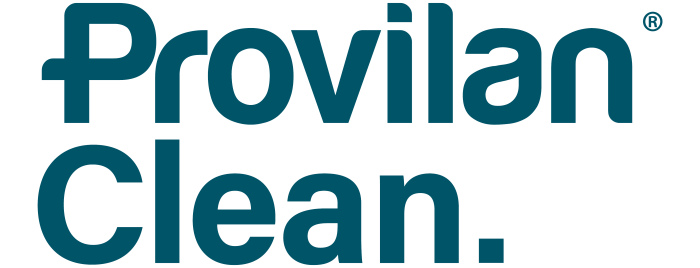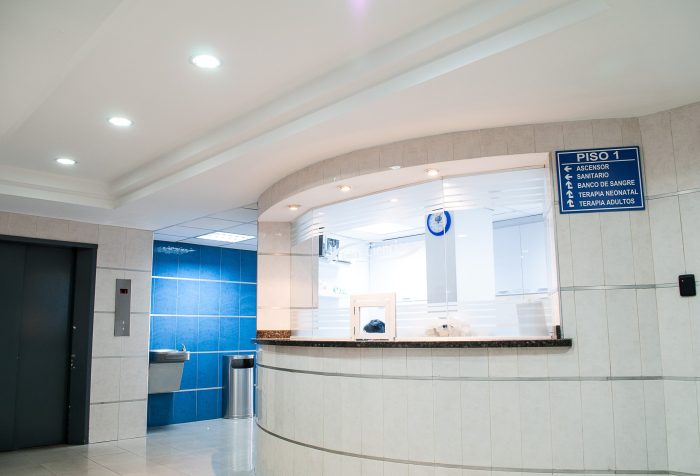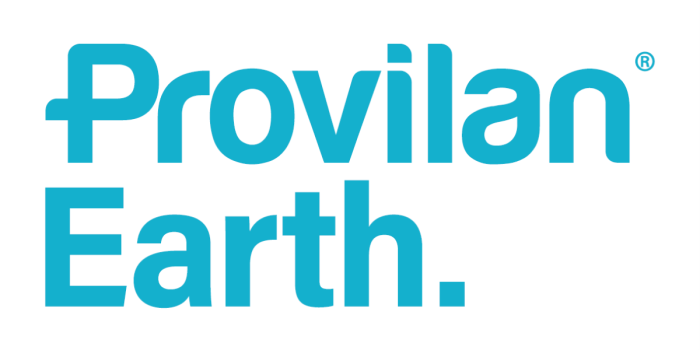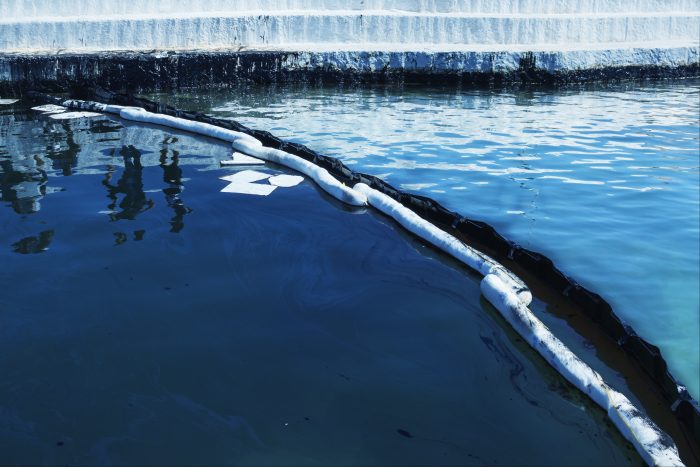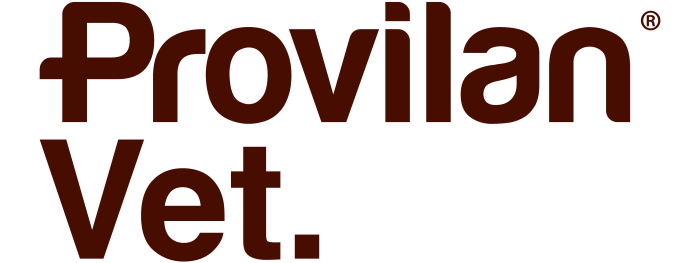Provilan® Naturally good.
Choosing a brand that respects the planet is a necessity today. Nature is our best ally, it is an infinite reservoir of answers. By exploiting probiotics, these living micro-organisms of great power, and thanks to the quality of our research and development centres, we guarantee the best solutions for daily hygiene and care.
White Label
Our research, expertise, and know-how at the service of your brand development.
Specifications, market trends, innovation…
We support you in implementing your project and guarantee quality Made in Luxembourg. Additionally, we offer our advanced biotechnological detergents as a white label solution, enabling you to equip your brand with the latest innovations in cleaning and sustainability. We follow up on specific briefs with a high level of customization, where our Formulation Team works hand in hand with our Microbiology Science Team to develop tailored solutions that precisely meet your needs and adhere to the highest standards. Leverage our top-notch technologies to empower your brand with unique, innovative products.
Restoring security in sensitive environments, urgency and common sense.
Problem
An international committee of experts convened by the British government is concerned that “the risk of antibiotic resistance will cause 10 million deaths a year by 2050, resulting in a reduction in global GDP of between 2 and 3.5%”.
So concludes the report by a committee of international experts convened by David Cameron and Jim O’Neill, former economic director at Goldman Sachs. The countries most affected would be Asia (4.7 million) and Africa (4.1 million).
The study also predicts 390,000 annual deaths and 317,000 in the US. Antibiotic resistance would become the first cause of death in the world, ahead of cancer (8.2 million), diabetes (1.5 million), diarrhoea (1.4 million) and road accidents (1.2 million). “The study estimates that 300 million people will die prematurely within 35 years because of antibiotic resistance.
It is based on two prospective studies commissioned by the Commission from the research institute Rand Europe and the auditing company KPMG.
“Financially, it costs much less to take drug resistance into account than to do nothing. Today we have 700,000 deaths per year worldwide, 50,000 of which are in Europe and the United States,” the report says, calling for the creation of new drugs.
Global human consumption of antibiotics increased by almost 40% between 2000 and 2010, the report says. Among the bacteria already showing signs of drug resistance, it says further, are Klebsiella pneumoniae (causing respiratory infections), E. coli (intestinal bacteria), and staphylococcus aureus. The European Commission’s AMR zoonotic reports highlight a public health problem and the need for action.
Sources:
Antimicrobial Resistance: Tackling a crisis for the health and wealth of nations, Jim O’Neill, 2014; p. 4.
Antimicrobial Resistance in the Animal Health Strategy, European Commission, Dr. de Smet, 2009; p. 1-14.
Our answer
Hygiene standards are very demanding in many areas such as hospitals, laboratories, medical and dental practices and schools. These specific cleanliness and hygiene targets have become increasingly difficult to meet.
The reason? Chemical cleaners and other disinfectants that have been used for many decades. Today, their limitations, damage and disadvantages are becoming clear: they cause infections, and patients are the victims.
The increase of hospital-acquired infections in hospitals attests to this. 700,000 infections per year in Italy, 103,000 deaths per year in the United States, where hospital-acquired infection is one of the 4 main causes of death (more deaths than AIDS, breast cancer and car accidents combined). These infections involve longer hospital stays and are very expensive.
Faced with this problem, Probiotic Group wants to position itself very clearly. There are solutions. The introduction of new products and cleaning techniques that are not only ecological or biological but that show evidence of a successful process.
Probiotic Group claims to have developed a range of products to restore safety in environments requiring high hygienic standards.
The scientific formula of our products effectively cleanses the organic molecules that may promote the growth of pathogenic bacteria.
The same problem of infection also occurs with animals, especially in environments such as animal farms.
Stop the escalation of chemical treatments! The balance of the microbial system on the skin and in the environment of living beings (medical, dental, personal care, household, pets, animal husbandry and air treatment, crops…) must be restored with probiotic-based techniques and thus greatly reduce the risk of unwanted contamination.
Probiotic Group products are not disinfectants and have no biocidal action. But they remove even the smallest particles of dirt thanks to a high enzymatic activity (postbiotics).
The result? The reduction of unpleasant odours, the biological stabilisation of environments and the reduction of the risk of proliferation of harmful bacteria.
Sources:
The definition of a pesticide is available on the European Commission website.
Source of information from the Environment and Health Portal website.


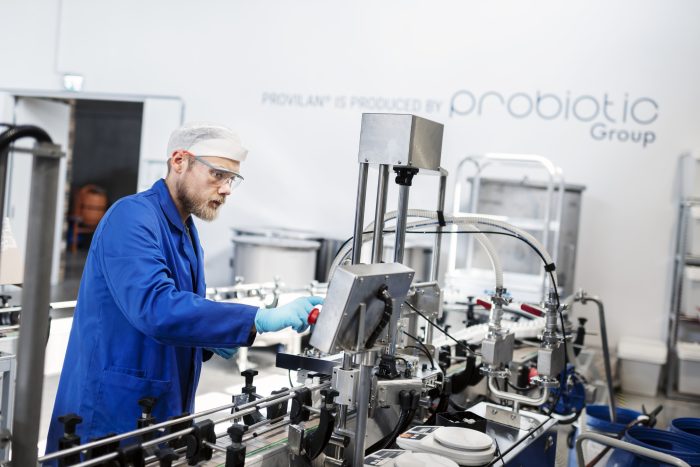
© 2025 Probiotic Group. All rights reserved.
Imaginé et créé par
le studio créatif,authentique,audacieux lunivers


